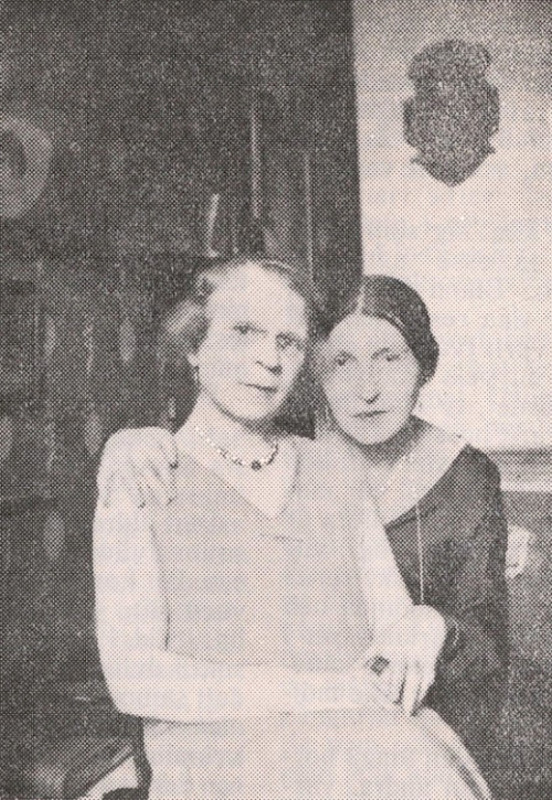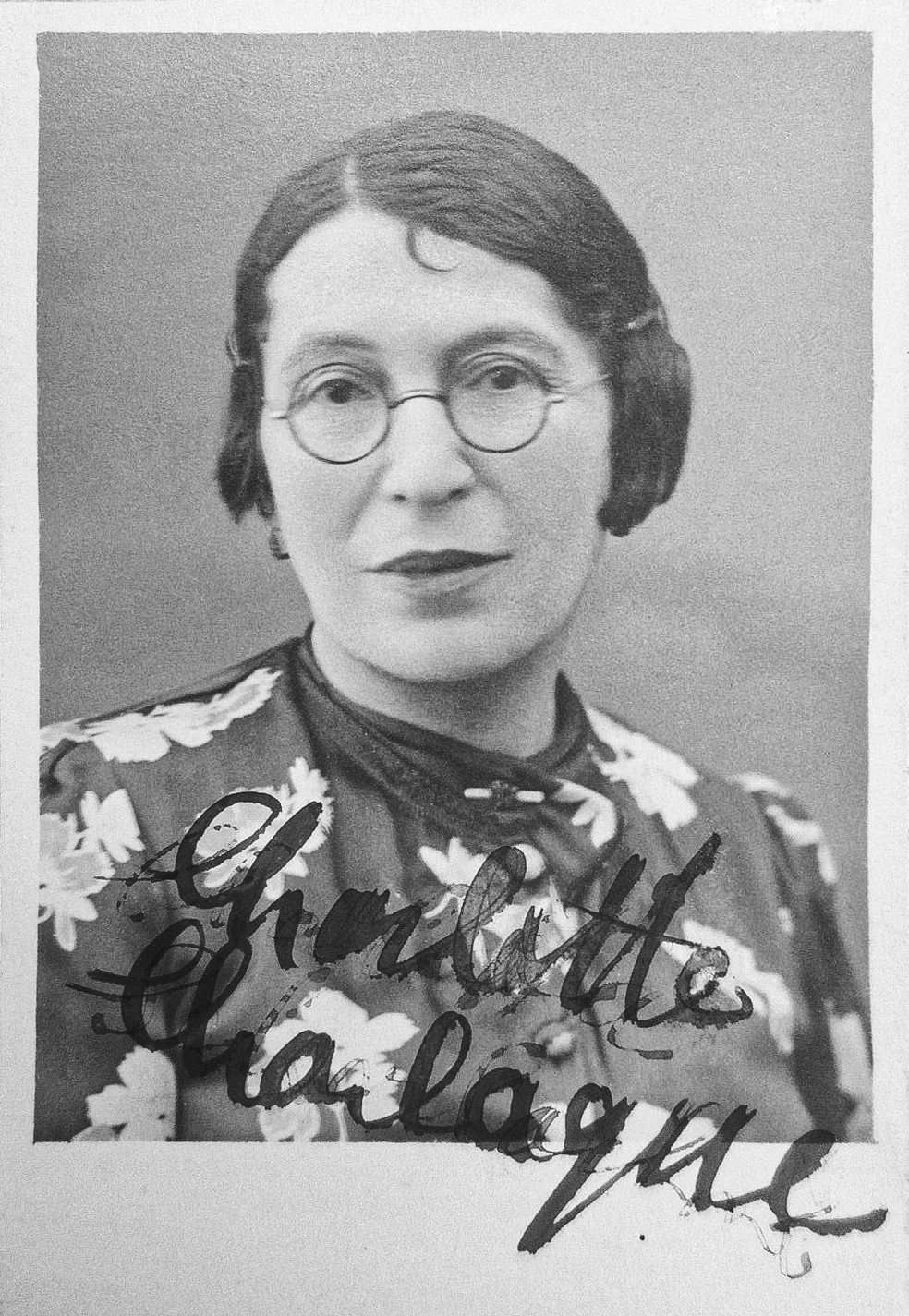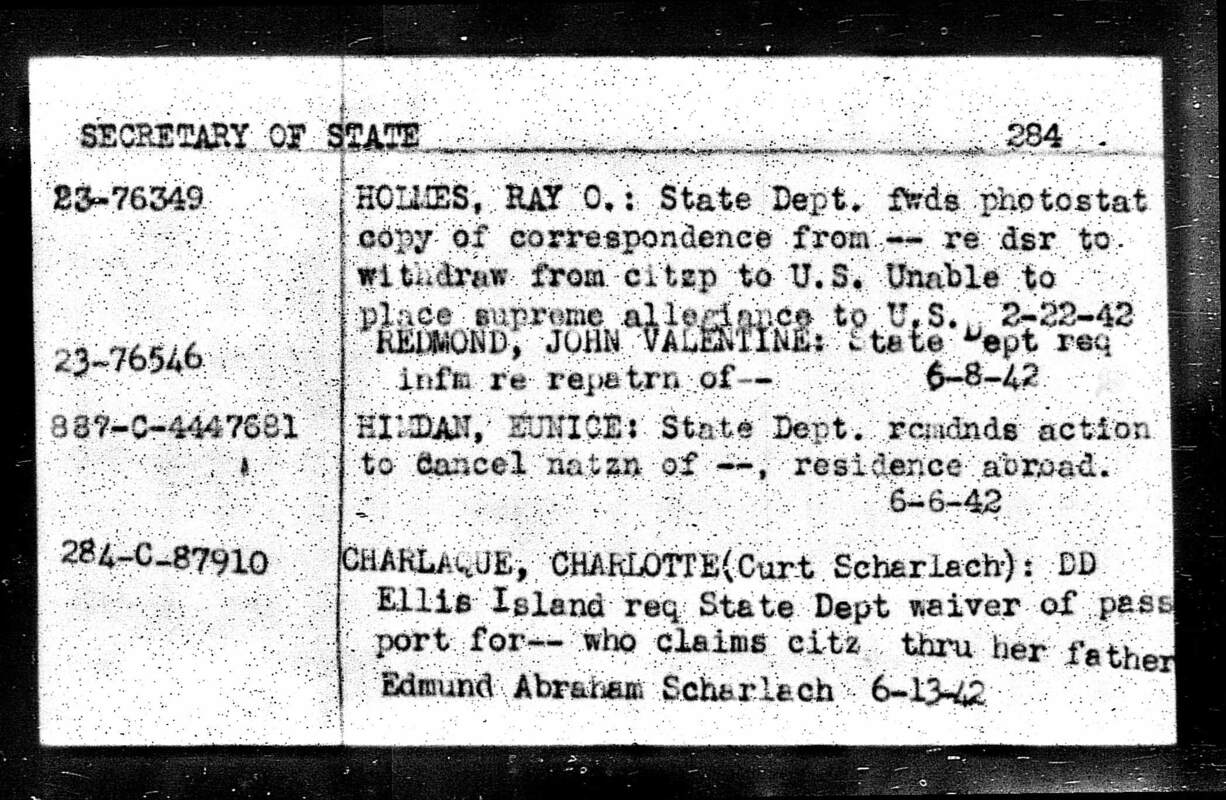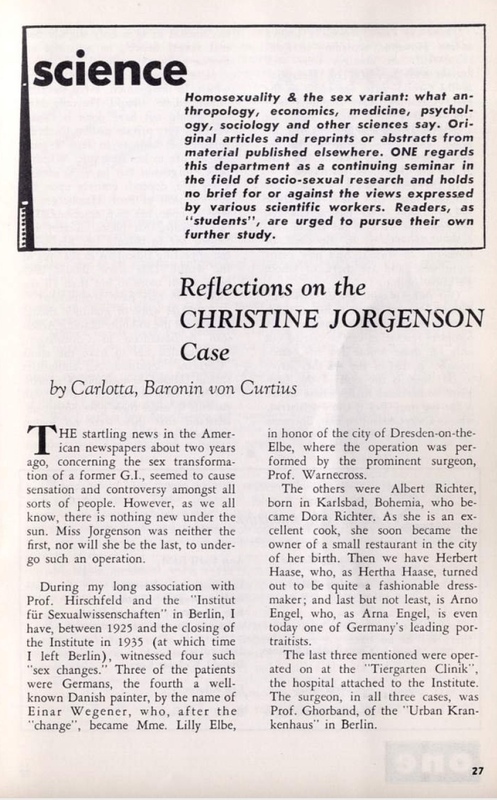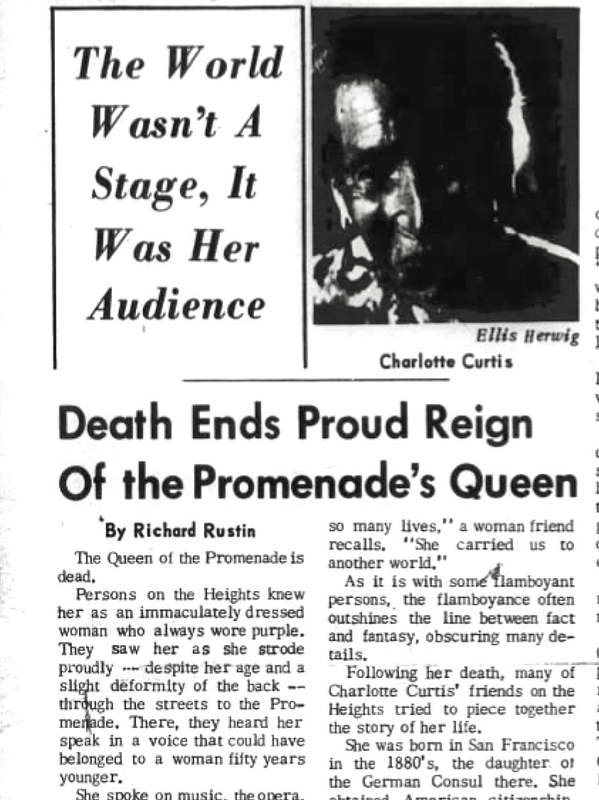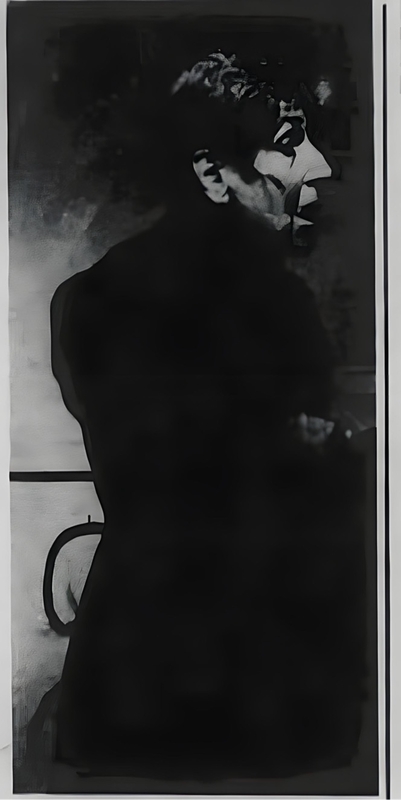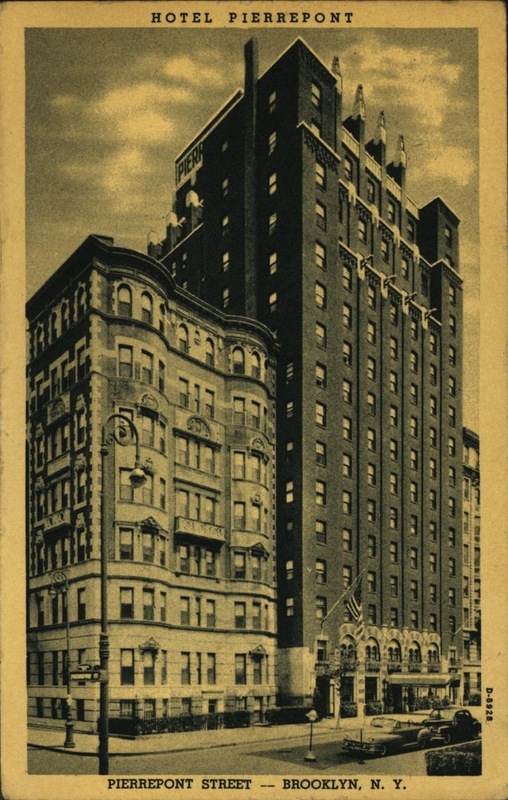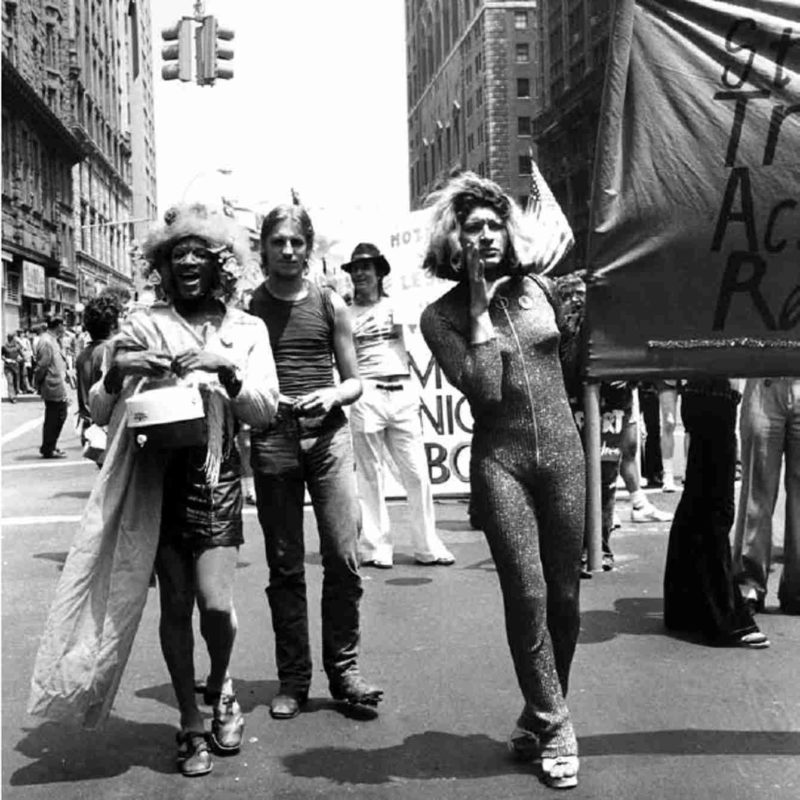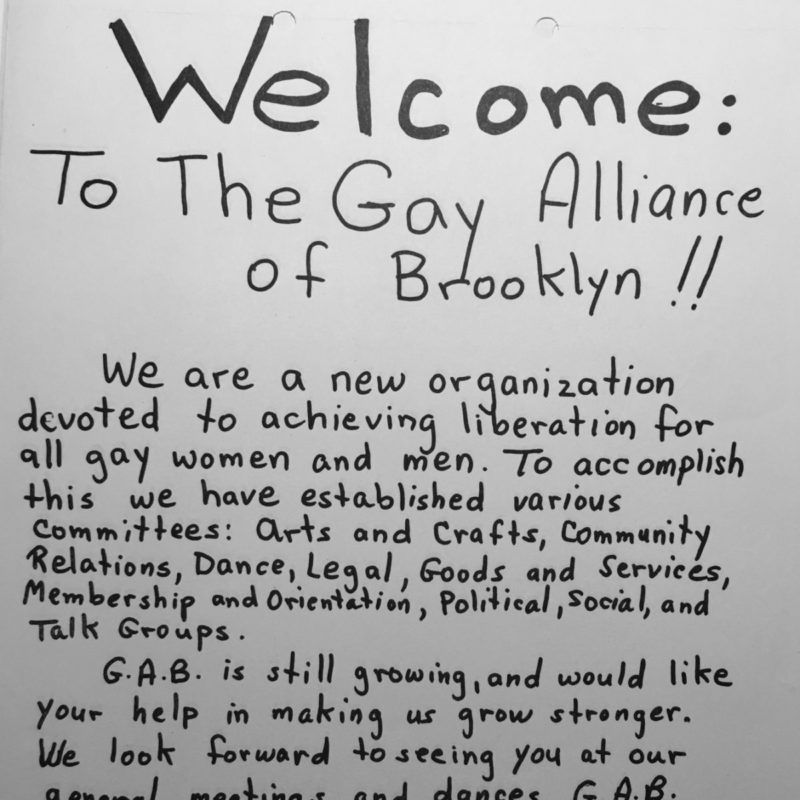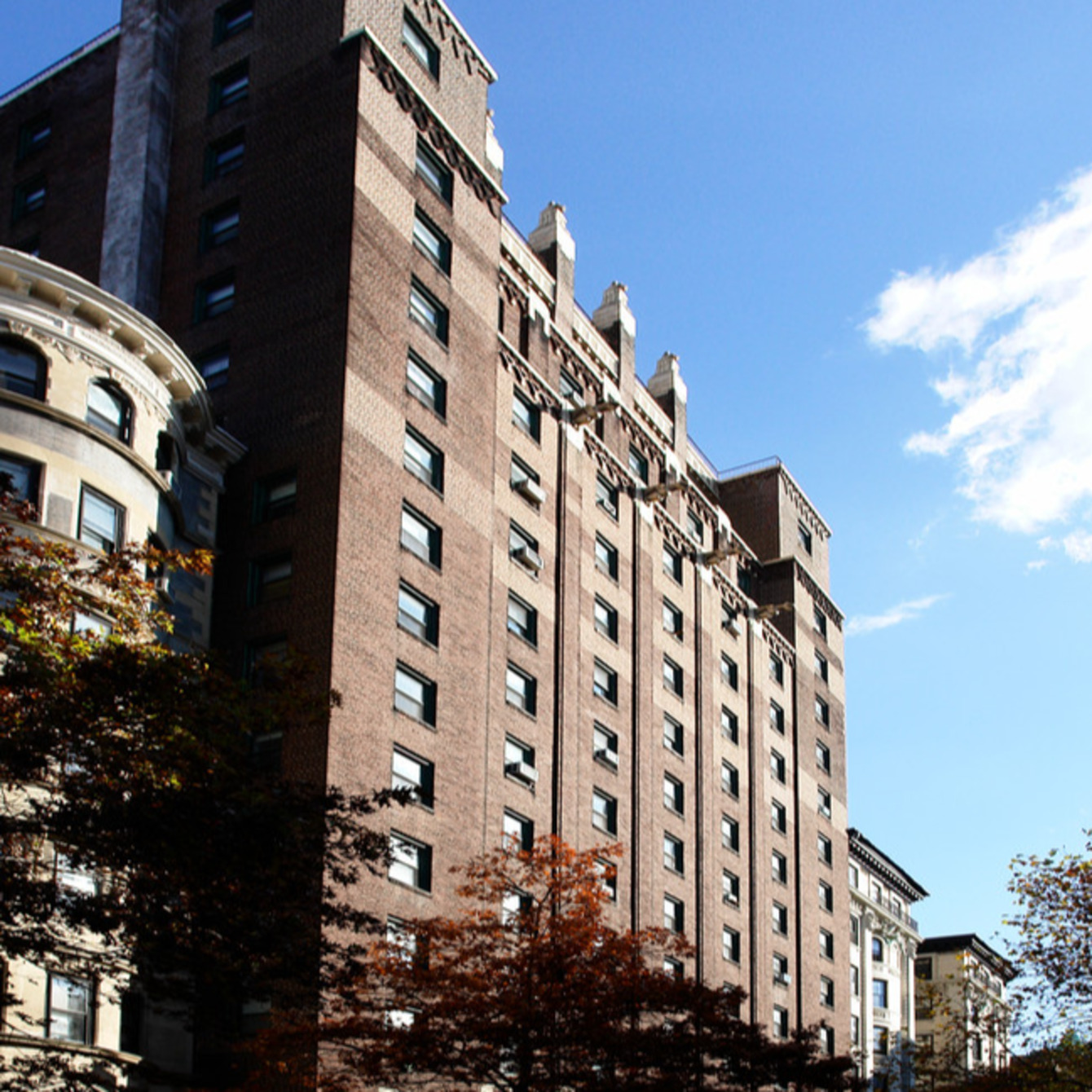
Charlotte Charlaque Residence
overview
Berlin-born Charlotte Charlaque underwent gender affirmation surgery in Germany between 1928 and 1931, in one of the earliest documented cases of the procedure in the world.
Memorialized by the Brooklyn Heights Press as the “Queen of the Promenade,” she lived at the Pierrepont Hotel from 1961 until her death in 1963.
History
Documented as one of the three earliest cases of gender affirmation surgery in the world, Charlotte Charlaque (1892-1963) was born in Berlin to a Jewish family. During her life, she used various names, some for the stage, including: Charlotte von Curtius; Carlotta, Baronin von Curtius; Charlotte Curtis; Lola; and Lotte Curtis.
She first lived in New York City from 1917 to 1922, having immigrated with her family to the United States in 1902. In New York, she reportedly met with endocrinologist Dr. Harry Benjamin (1885-1986) who suggested that she contact Magnus Hirschfeld (1868-1935) in Berlin. Upon her return to Germany in 1922, she adopted the name Charlotte Charlaque (a play on her birth name Curt Scharlach). She worked as a performer, language teacher, and, after meeting Hirschfeld, as a receptionist and translator at his Institute for Sexual Science.
Between 1928 and 1931, she underwent a series of gender affirmation surgeries in Berlin. Charlaque, Dora Richter (1892-after 1939), and Toni Ebel (1891-1961) were the first three such cases in the world and were presented in anonymity in German medical publications. Charlaque, Richter, and Ebel, all friends and affiliated with Hirschfeld’s institute, appeared briefly in the Austrian 1933 film The Mystery of Gender (Mysterium des Geschlechts).
In 1934, Charlaque and Ebel, who were already living together as a couple in Berlin, fled to Czechoslovakia (now the Czech Republic) due to the growing threat posed by German National Socialists. As the war progressed and threats increased, they eventually relocated to Prague where, in March 1942, Charlaque was arrested by the Prague immigration police for being Jewish. Instead of being sent to Theresienstadt (the concentration camp, transit camp, and ghetto), Ebel convinced the authorities that Charlaque was an American citizen based on her childhood connection to the U.S. In August 1942, Charlaque was deported to New York City while Ebel remained in Prague. They stayed in contact throughout their lives, with Ebel settling in East Germany after the war and becoming a successful artist, but the two never saw each other again.
Upon her return to New York City, Charlaque was in poor health with limited financial security, complaining, in letters to Ebel, that she was lonely and unable to cultivate rewarding friendships. Between 1947 and 1956, she frequently moved, living at 20 Leroy Street, 15 Cornelia Street, and 86 West 12th Street, in Greenwich Village, and 57 Middagh Street, in Brooklyn Heights, the neighborhood where she spent her last years. She was living at the Hotel Margaret at 97 Columbia Heights (demolished) when she had a heart attack in 1961, subsequently moving to the Pierrepont Hotel, a few blocks from the Brooklyn Heights Promenade. She lived at the Pierrepont until her death in 1963.
Upon her death, the front page of the Brooklyn Heights Press announced, “Death Ends Proud Reign Of the Promenade’s Queen,” detailing her unique style, performances in various theatrical productions, and, unbeknownst to them, misleading and wildly embellished European past (including a story that the name Curtis came from an adapted version of her third husband’s last name).
Dressed invariably in purple, Mrs. Curtis with regal air ‘held court’ on the Promenade for years, and was given the sobriquet ‘The Queen of the Promenade’ by just about all who knew her.
During her 20 years in New York, she worked as a translator, singer, and actor, always with limited funds. Privately, she was in touch with Dr. Benjamin and Christine Jorgensen, whose 1952 gender affirmation surgery was the first widely known case after it made international headlines. Under a pseudonym, Charlaque wrote an essay, “Reflections on the CHRISTINE JORGENSEN Case,” which appeared in the March 1955 issue of ONE, The Homosexual Magazine.
Her friends made donations to pay for her funeral, cremation, and the establishment of a library memorial fund in her name. The radical and often controversial pastor, the Rev. William Glenesk (1926–2014) of Spencer Memorial Church, in Brooklyn Heights, presided over her service at a local funeral home and it was reported that her ashes were to be scattered from the Promenade.
Entry by Ken Lustbader, project director (December 2023), with thanks to Raimund Wolfert for sharing his research and fact-checking.
NOTE: Names above in bold indicate LGBT people.
Building Information
- Architect or Builder: H.I. Feldman
- Year Built: 1928
Sources
Benjamin Cantu, director, and Benjamin Cantu and Felix Kriegsheim, writers, Eldorado: Everything the Nazis Hate, Film Base Berlin, Netflix Studios, The Thursday Company, 2023.
Carlotta, Baronin von Curtius, “Reflections on the CHRISTINE JORGENSEN Case,” ONE, The Homosexual Magazine, Vol. 1, No. 3, March 1955, 27-28.
“Charlotte Charlaque, actress,” Magnus Hirschfeld Society e.V. Research Center for the History of Sexual Science, Magnus-Hirschfeld-Gesellschaft e.V. (accessed December 22, 2023), bit.ly/3vfizJ2.
“Charlotte Curtis, Friends Start a Memorial Fit for The Queen,” Brooklyn Heights Press, February 21, 1963, 1. [source of pull quote]
Kriti Mehrotra, “How Did Charlotte Charlaque and Toni Ebel Die?,” The Cinemaholic, June 28, 2023 (accessed December 22, 2023), bit.ly/3RSDHNN.
Leah Tigers, “On the Clinics and Bars of Weimar Berlin,” Tricky Mother Nature (accessed December 22, 2023), bit.ly/3NEMH6I.
Raimund Wolfert, emails with Ken Lustbader, November and December 2023.
Raimund Wolfert, Charlotte Charlaque (Leipzig: Hentrich & Hentrich, 2021).
Raimund Wolfert, “Charlotte, Toni, and Dora,” Replika, October 2, 2023 (accessed December 22, 2023), bit.ly/47ftU90.
Raimund Wolfert, “In the footsteps of Curt Scharlach alias Charlotte Charlaque (1892 -?) and Toni Ebel (1881-1961),” 2015, Lesbengeschichte (accessed December 22, 2023), bit.ly/4auBv6B.
Richard Rustin, “Death Ends Proud Reign of the Promenade’s Queen,” Brooklyn Heights Press, February 14, 1963, 1, 3.
Do you have more information about this site?
This project is enriched by your participation! Do you have your own images of this site? Or a story to share? Would you like to suggest a different historic site?
